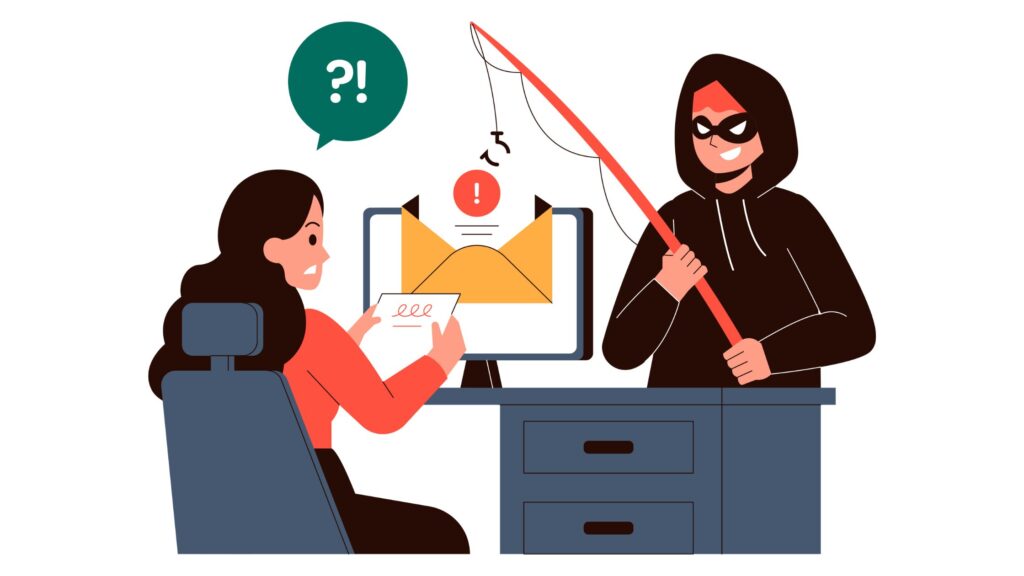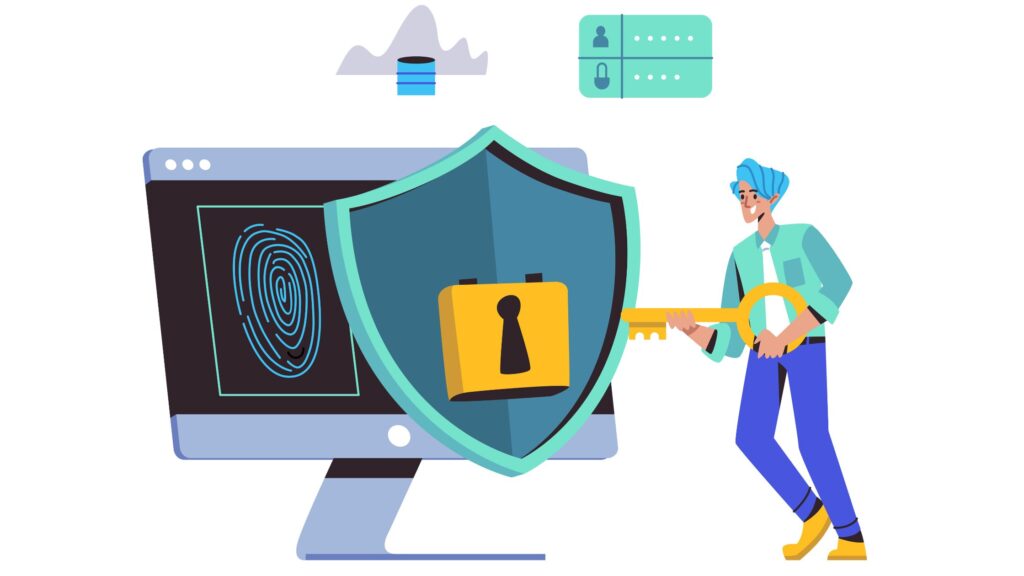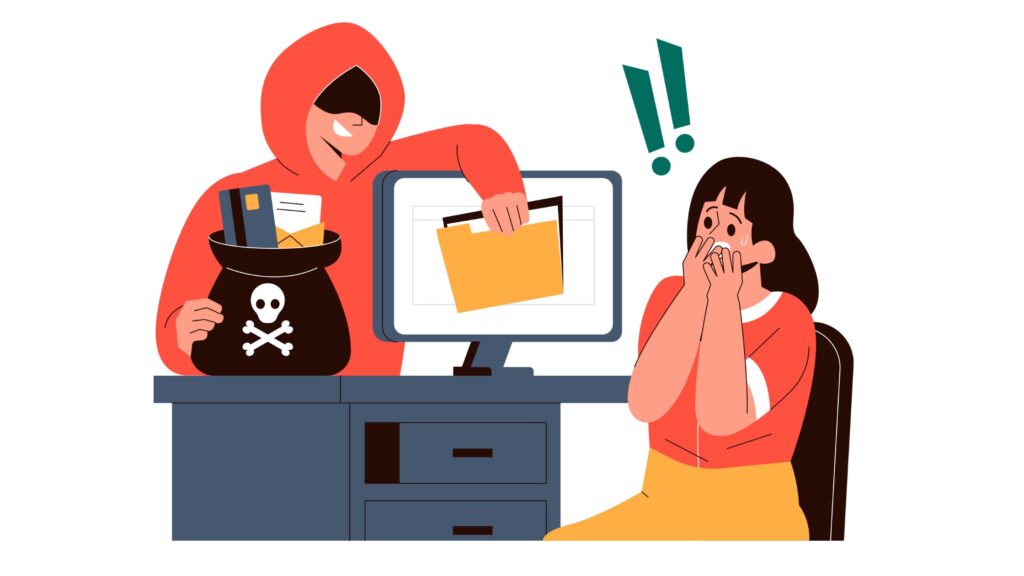In today’s digital age, healthcare professionals like nurses are increasingly reliant on technology to manage patient care, communicate with colleagues, and access sensitive information. While technology offers many conveniences, it also presents risks. Cybersecurity threats, such as phishing emails and unauthorized access to accounts, are on the rise. Here’s how you can protect yourself and your patients by staying vigilant and secure online.

1. Recognize and Avoid Phishing Emails
Phishing emails are one of the most common methods used by cybercriminals to gain access to sensitive information. These emails often appear to be from legitimate sources, such as your hospital administration or a trusted colleague, but they contain malicious links or attachments.
How to Spot a Phishing Email:
- Check the sender’s email address: Look closely at the sender’s email. If the domain name (the part after the @ symbol) looks suspicious or doesn’t match the supposed sender, it’s a red flag.
- Look for spelling and grammar mistakes: Legitimate organizations usually proofread their emails before sending them. Multiple spelling or grammar errors are often a sign of a scam.
- Be wary of urgent or alarming language: Phishing emails often create a sense of urgency, asking you to take immediate action to avoid negative consequences. If an email seems overly urgent, double-check its authenticity.
- Don’t click on unfamiliar links: Hover over any links in the email without clicking. This will show you the URL where the link will take you. If the URL looks suspicious, don’t click it.
2. Use Strong, Unique Passwords
Passwords are your first line of defense against unauthorized access. A strong password is difficult for others to guess and is unique to each of your accounts.
Tips for Creating Strong Passwords:
- Make it long and complex: Use at least 12 characters, combining letters, numbers, and symbols.
- Avoid common words or phrases: Don’t use easily guessable information like “password123” or your birthdate.
- Use a password manager: A password manager can help you generate and store complex passwords securely.

3. Enable Two-Factor Authentication (2FA)
Two-factor authentication (2FA) adds an extra layer of security by requiring two forms of verification before you can access your account. Even if someone manages to get hold of your password, they won’t be able to log in without the second factor.
Setting Up 2FA on WhatsApp:
- Go to WhatsApp settings: Tap the three dots in the top right corner, then select “Settings.”
- Select “Account,” then “Two-step verification”: Follow the prompts to enable 2FA. You’ll be asked to create a six-digit PIN.
- Add your email address: In the same menu, you can add your email address. This is important in case you forget your PIN or want to disable 2FA.
4. Secure Your Devices
Your mobile devices and computers contain a wealth of sensitive information, from patient records to personal emails. Keeping these devices secure is critical.
Device Security Tips:
- Keep software up to date: Regularly update your operating system and apps to protect against vulnerabilities.
- Use biometric authentication: If your device supports it, enable fingerprint or facial recognition for an added layer of security.
- Install a reputable antivirus program: This will help protect your devices from malware and other threats.
5. Be Cautious on Public Wi-Fi
Public Wi-Fi networks are convenient but often lack the security necessary to protect your data. When accessing sensitive information, always use a secure connection.
Tips for Using Public Wi-Fi:
- Avoid accessing sensitive information: Don’t log into bank accounts, email, or work-related platforms when on public Wi-Fi.
- Use a VPN: A Virtual Private Network (VPN) encrypts your internet connection, making it much harder for hackers to intercept your data.
- Turn off automatic connections: Disable the option to connect automatically to Wi-Fi networks. This prevents your device from connecting to unsafe networks without your knowledge.
6. Regularly Back Up Your Data
Regular backups ensure that your data can be restored without significant loss in case of a cyberattack or device failure.
Backup Tips:
- Use cloud storage: Cloud services like Google Drive or iCloud offer secure, encrypted backups.
- Schedule automatic backups: Set up your device to back up your data regularly without manual intervention.
- Keep an offline backup: Consider storing an additional backup on an external hard drive for extra security.
7. Stay Informed and Educated
Cybersecurity is constantly evolving, with new threats emerging regularly. Staying informed and continuing your education on cybersecurity best practices is essential.
Resources for Learning More:
- Hospital IT departments: Many hospitals offer training and resources on cybersecurity. Take advantage of these opportunities to learn more.
- Online courses: Websites like Coursera or Udemy offer courses on cybersecurity fundamentals.
- Government resources: Visit websites like the NHS’s cybersecurity page for tips and updates relevant to healthcare professionals.






